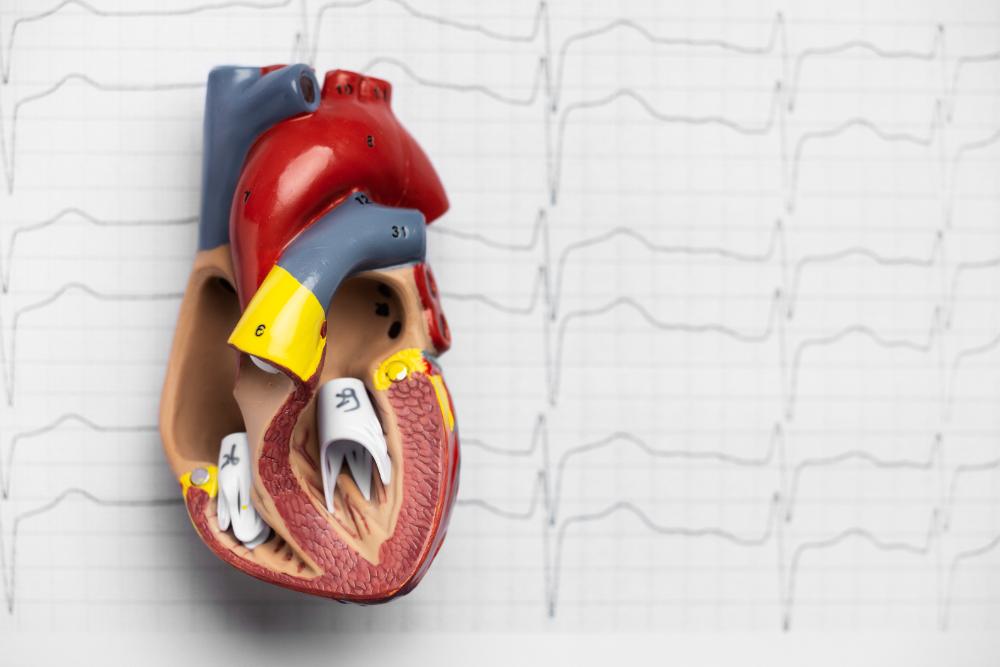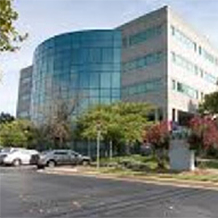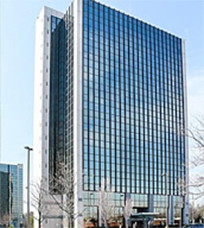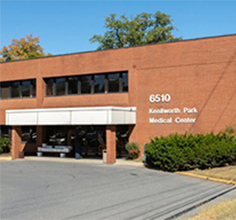
When it comes to the wonders of modern medicine, the pacemaker deserves a standing ovation. This tiny and unassuming device plays a colossal role in keeping hearts beating and lives thriving. For individuals with arrhythmias – or irregular heart rhythms – a pacemaker can be nothing short of a lifesaver.
But what exactly is a pacemaker and how does it work its magic? In this brief article brought to you by the licensed primary care doctors at Southern Maryland Medical Group, we dive into the world of biomedical engineering to understand this life-changing invention.
A pacemaker is a small electronic device implanted under the skin near the collarbone to help regulate the heart’s rhythm. The pacemaker’s primary function is to monitor the heart’s natural rhythm. If it detects that the heart is beating too slowly or irregularly, it sends a gentle electrical signal to get things back on track.
It consists of three key components:
The heart has its own natural electrical system, which controls how it beats. When this system malfunctions, it can cause the heart to beat too slowly, too quickly, or irregularly.
For slow heartbeats, the pacemaker sends pulses to speed up the heart rate. For irregular rhythms, it stabilizes the heartbeat to ensure consistency.
Pacemakers aren’t for everyone, but they can be a lifesaver for those with specific heart conditions. A licensed physician must diagnose you to determine whether you need a pacemaker, but here are some common reasons why someone might need one:
Getting a pacemaker might sound daunting, but it’s a straightforward and life-enhancing procedure for most people.
Pacemaker implantation is a minor surgery performed under local anesthesia. Most people go home the same day or after an overnight stay. Recovery typically takes a few weeks; during this time, you’ll need to avoid heavy lifting and strenuous activity.
At first, you might feel a little conscious of the device under your skin, but most people get used to it quickly. Modern pacemakers are small and discreet with minimal impact on your daily life.
There are some considerations to keep in mind, however:
If you suspect you or someone you know might benefit from a pacemaker, then talk to a licensed primary care physician in District Heights to express your concerns. It’s a small step with a big payoff of a healthier heart and a more confident life.
Residents in the area are welcome to call or message Southern Maryland Medical Group to get in touch with a member of our team and schedule a convenient appointment today.
Southern Maryland Medical Group has 3 convenient locations to provide professional medical care services in the Southern Maryland area. Call or schedule an appointment with one of our locations to get medical care help.

5801 Allentown Road, Suite 400 Camp Spring, MD 20746
Phone: 301-868- 0150
Billing Inquiries: 301-552-1270
Fax: 301-868-0243

7500 Greenway Center, Dr #1200 Greenbelt, MD 20770
Phone: 301-486-7580
Billing Inquiries: 301-552-1270
Fax: 301-486-7581

6510 Kenilworth Ave, Ste 1400, Riverdale MD 20737
Phone: 301-618-0771
Billing Inquiries: 301-552-1270
Fax: 301-618-0772